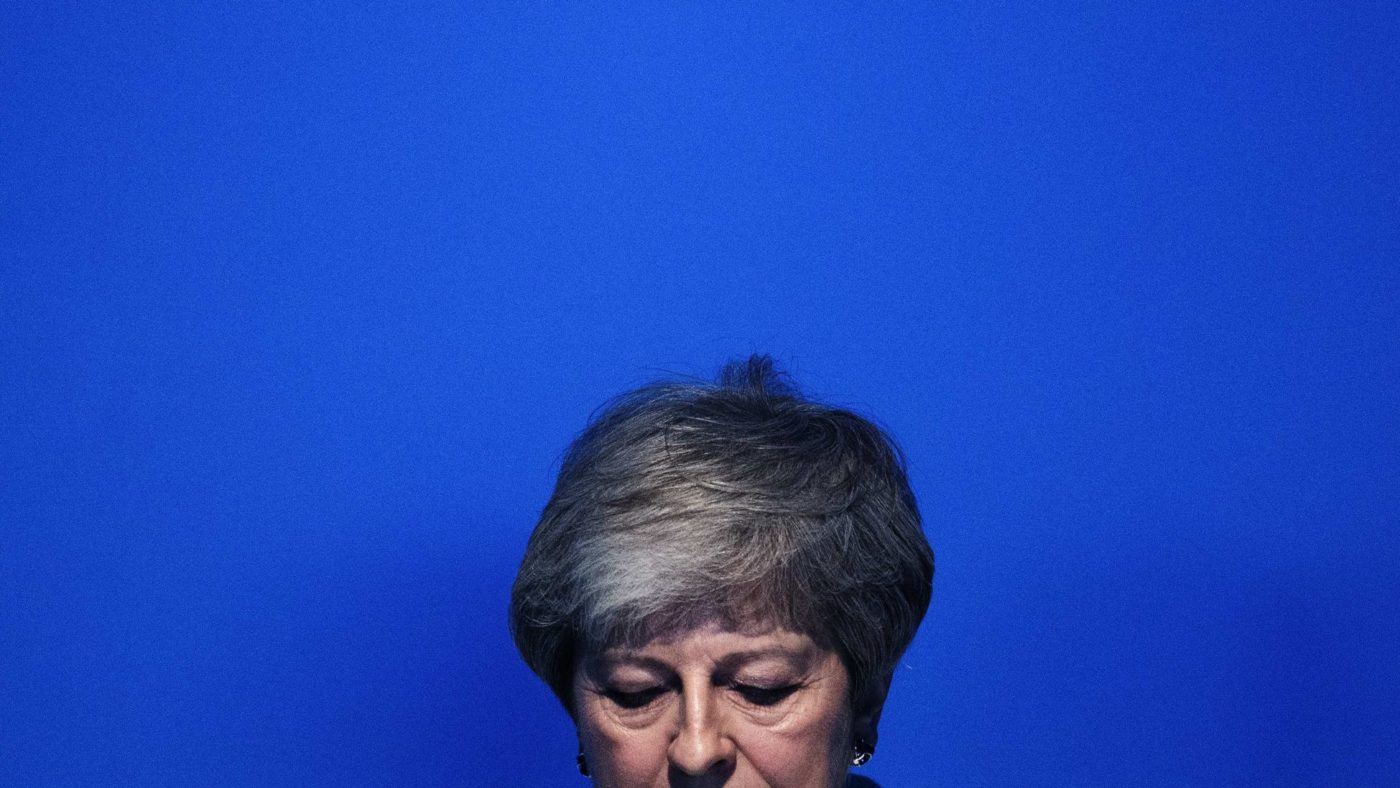Theresa May has always made a point of her dedication to public service. In a House of Commons packed with preening egos and noisy attention-seekers, her preference was to simply dig in, Boycott-style and ‘get on with the job’.
As is now clear, that was not necessarily the style of leadership Britain needed at such a pivotal moment in its history. But the Prime Minister’s diligence and devotion to the job were admirable qualities – and ones that even some of her fiercest critics acknowledge.
That is why her actions over the last few weeks are so disheartening. Away from the excitement of the Conservative leadership election, an unlikely row is bubbling away between a demob-happy PM and her lame-duck Chancellor over the former’s last-ditch spending spree.
Since announcing her resignation, the PM has made the ambitious promise of reducing net carbon emissions to zero by 2050 and pledged an audit into the effectiveness of an already agreed funding boost for mental health provision.
Now she is trying to push through a school funding pledge of up to £27 billion over three years. That the figure is the same as the amount of fiscal headroom the Chancellor has created in 2020-21 for a no-deal ‘war chest’ must only add to his frustration.
All of this is part of a last-ditch ‘legacy drive’. And there may well be more to come.
Standing in the way of this spending splurge is Philip Hammond. And he is right to oppose it – for two reasons.
The first is straightforward: it won’t work. It is too late for Theresa May to piece together a legacy.
The Prime Minister famously took office promising to tackle Britain’s ‘burning injustices’. Delivering her resignation speech nearly three years on, the concrete achievements she listed were a greater focus on mental health in the NHS, the Race Disparity Audit and gender pay reporting requirements, and the establishment of a public inquiry into the Grenfell fire. The size of the gap between the problems May outlined and steps taken to tackle them speaks for itself. A last-minute flurry of action will do nothing to bridge it – and will anyway all pale beside her failure to deliver Brexit.
Secondly, and more importantly, the outgoing Prime Minister is pushing the boundaries of what, politically and constitutionally, she has the authority to do.
You might think that an ambitious zero emissions plan is the right thing to do. You might agree with the case for extra funding for schools and colleges. But the issue is not the merits of those arguments. It’s how such decisions are being made. The emissions target, for example, was not in the Conservative manifesto. Nor has it run the Parliamentary gauntlet.
Earlier this month, Hammond admonished leadership candidates for making expensive promises of tax cuts and extra spending without explaining how they would pay for them. Whether or not you think such pledges are irresponsible, at least the victor will be the one who has to find funding for them – or carry the can for extra borrowing. May’s last-minute hyperactivity is worse: a grab for political credit for which someone else will have to find the money.
Britain is weeks away from a new government. It will have its own plan on Brexit and a raft of different ideas on domestic policy. Under such circumstances, there can be no case for the outgoing Prime Minister squeezing through her pet projects. If Theresa May wants to leave office with her reputation for dedicated public service intact, she should heed her Chancellor’s warnings.


